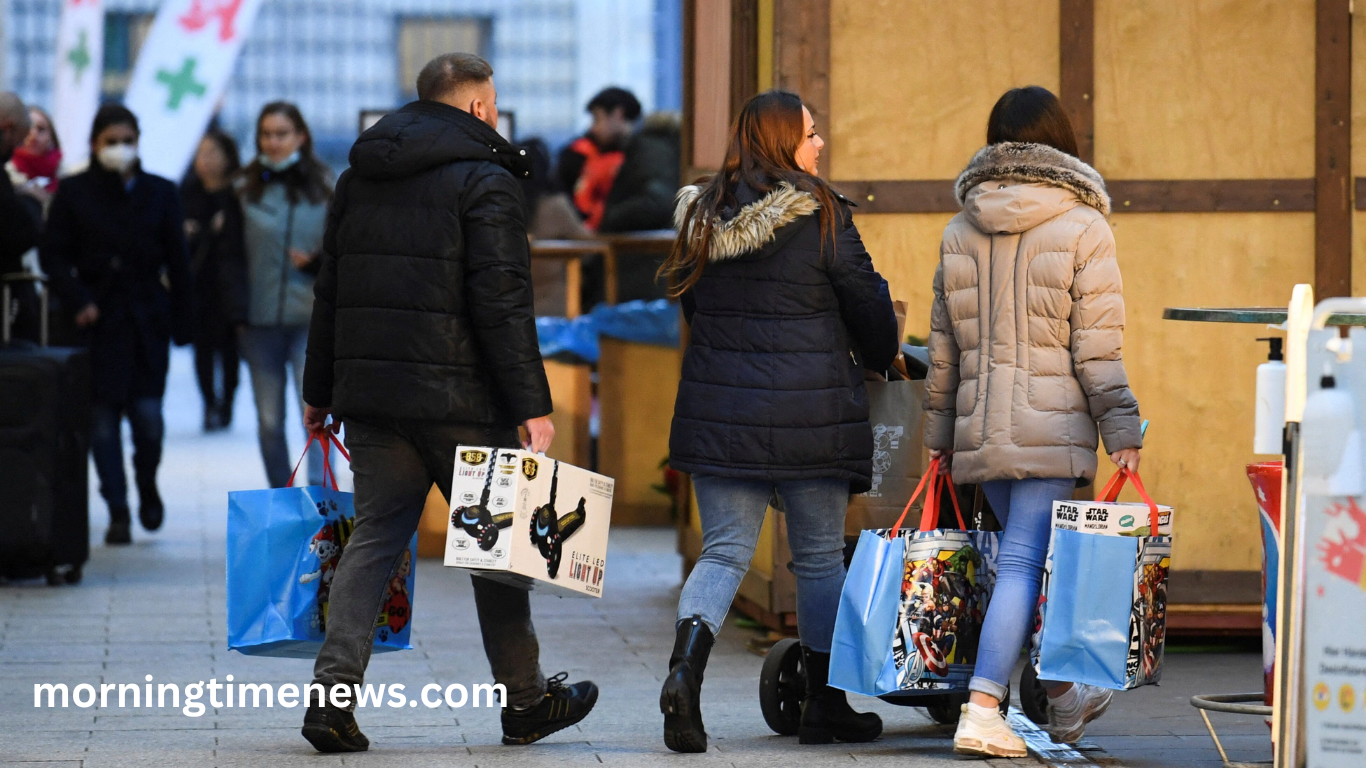February brought more signs of economic strain as key indicators showed a continued decline. Consumers and businesses alike are feeling the pressure, with pessimism spreading across markets. While some hoped for a rebound early in the year, rising uncertainty has kept growth sluggish. The latest data suggests that confidence remains low, leading to reduced spending and investment.
Consumer Confidence Hits a Low Point
One of the biggest factors dragging down economic performance is weak consumer sentiment. Households are feeling the pinch from inflation, high interest rates, and economic uncertainty. Many are cutting back on discretionary spending, opting to save rather than spend. This cautious behavior is reflected in sluggish retail sales and a decline in service sector activity.
Businesses Hold Back on Expansion
It’s not just consumers who are feeling uneasy—businesses are also showing signs of restraint. Many companies are delaying investments, hiring freezes are becoming more common, and factory output is slowing. While some industries remain resilient, overall growth in business activity has taken a hit as confidence wanes.
Job Market Shows Mixed Signals
The labor market remains a crucial part of the economic picture, and February brought mixed results. While unemployment remains relatively low, job growth has slowed in some sectors. Many companies are hesitant to expand their workforce amid economic uncertainty. Wages continue to rise, but at a slower pace than before, which could further impact consumer spending in the months ahead.
Read More : French Factories Remain Under Tariff Cloud as Hopes Grow for Defense Boost
Financial Markets React to Uncertainty
Stock markets have been volatile, reflecting investor concerns over economic weakness. While some sectors have managed to stay strong, others—such as retail and manufacturing—have struggled. Investors are watching closely for signals from the Federal Reserve, as any shifts in interest rate policy could significantly impact market trends.
What Lies Ahead for the Economy?
Looking forward, the big question is whether this decline in economic indicators is temporary or a sign of deeper trouble. If consumer confidence improves and businesses regain optimism, the economy could stabilize. However, if uncertainty continues, more sectors may feel the strain. Policymakers will need to carefully balance economic stimulus and inflation control to guide the economy through these challenging times.
Frequently Asked Questions
Why did economic indicators decline in February?
Economic indicators fell due to weak consumer confidence, reduced spending, business caution, and ongoing concerns about inflation and interest rates.
How does low consumer confidence impact the economy?
When consumers feel uncertain, they spend less, which slows down retail sales, service industries, and overall economic growth.
Are businesses also being affected by this downturn?
Yes, many businesses are holding back on expansion, delaying investments, and even freezing hiring due to economic uncertainty.
Is the job market still strong despite the decline?
The job market is showing mixed signals—while unemployment remains low, job growth has slowed, and wage increases have moderated.
How are financial markets reacting to this economic downturn?
Stock markets have been volatile, with investors closely watching economic data and Federal Reserve policy for signs of future trends.
Could interest rates play a role in the economic slowdown?
Yes, higher interest rates increase borrowing costs for businesses and consumers, leading to reduced spending and investment.
Is this decline temporary, or should we be worried?
It depends on how confidence recovers. If consumers and businesses regain optimism, the economy could stabilize. Otherwise, prolonged uncertainty could lead to further declines.
What can policymakers do to address the situation?
Policymakers may need to balance economic stimulus with inflation control, ensuring that financial conditions support growth without worsening inflation.
Conclusion
February’s economic decline highlights growing concerns about consumer confidence, business investment, and market stability. While the job market remains resilient, slower growth and cautious spending signal potential challenges ahead. Whether the economy rebounds depends on improved confidence and policy adjustments. If uncertainty persists, further declines could follow. Moving forward, balancing inflation control with economic support will be key to stabilizing growth and restoring optimism.

